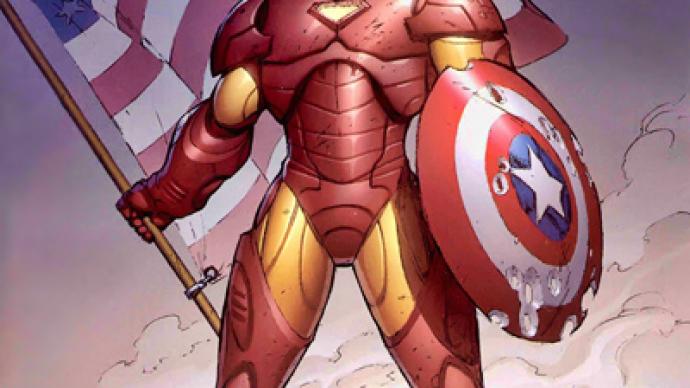Libya, lies and lessons to be learned

The US is at the forefront of the strikes on Libya, deploying some of its heaviest firepower against Gaddafi's regime. That is despite Washington insisting for days that it would merely play a supporting role.
The UN Security Council is set to hold closed-door consultations on the situation in Libya later on Monday, diplomats said.The discussion was called by China – this month's council president – in response to a letter from Libya and a Russian request.The air strikes in Libya are said, by the coalition forces, to be a humanitarian act to protect civilians from a dangerous dictator. That is the justification for the US and its allies for their latest military foray.The US has a track-record of starting military campaigns on false grounds. When it comes to justifying its wars – America has become the nation that cried wolf.Especially now when one of the key sources, an Iraqi informant Rafid Ahmed Alwan al-Janabi, who was used ahead of the 2003 Iraq invasion has admitted he lied.“I would have said anything against Saddam at that time,” he said. “I wanted to do something for my country. And I don’t regret what I had done. If asked, I would do the same thing again.”Rafid Ahmed Alwan al-Janabi, AKA “Curveball”, was seeking asylum in Germany back in 2000.He told German intelligence that Saddam Hussein had biological weapons mounted on trucks.They did not believe him. And when US intelligence requested his testimony before attacking Iraq Germany told them it was unreliable.But that did not stop top US officials building their case using him and no intelligence of their own.“What we’re giving you is facts and intelligence based on solid sources,” Colin Powell said in his UN speech.One of the so-called sources was an Al-Qaeda suspect who lied under torture to CIA-allies in Egypt about Saddam’s ties with terrorists, the other was Curveball.Even now, despite all the evidence of lies and deception, key players in the Bush administration are still in denial about their role in the events, saying they were not sufficiently informed.In their memoirs, both Collin Powell, the Secretary of State back then, and Donald Rumsfeld, the Defence Secretary, effectively duck responsibility and point the finger of blame at others. Mainly at the CIA, specifically George Tenet, head of the CIA at the time.“He said it was there but it wasn’t. And they believed him because they wanted to invade Iraq,” Michael O’Brien, a former US contractor and author of “America’s Failure in Iraq,” said. “And Colin Powell was digging for information for days, asking questions, digging for it because it was not there. Well if it’s so slam dunk, why did he have to dig so hard. He was trying to come up with something.”Even after this latest revelation about Curveball’s lies, many western media outlets put the following spin on the story: US officials did not lie, they were duped.“What it really reveals here is contrary to the headline by the Guardian that Americans were duped,” an American activist Adam Kokesh said. “The CIA wanted to be duped. They were looking for an excuse and they found one.”The man who presented the case for war before the UN Security Council, now says he was misled. Not that he too was part of an orchestrated plan to build a case for war, no matter the evidence.“I believe a lot of people followed orders, very likely knowing what they were doing was wrong,” Michael O’Brien said. “But they wanted do be involved, they liked the power of Washington, the big job, the big fat salary.”After eight years of embarrassing revelations no US official has admitted lying.Most of those who took part in building the case for the Iraq war out of lies are now off the hook, touring the country with their memoirs and saying they were duped. But some ask whether their exoneration, this quiet public acceptance, could teach a bad lesson to future leaders, contemplating building a similar case for war.












